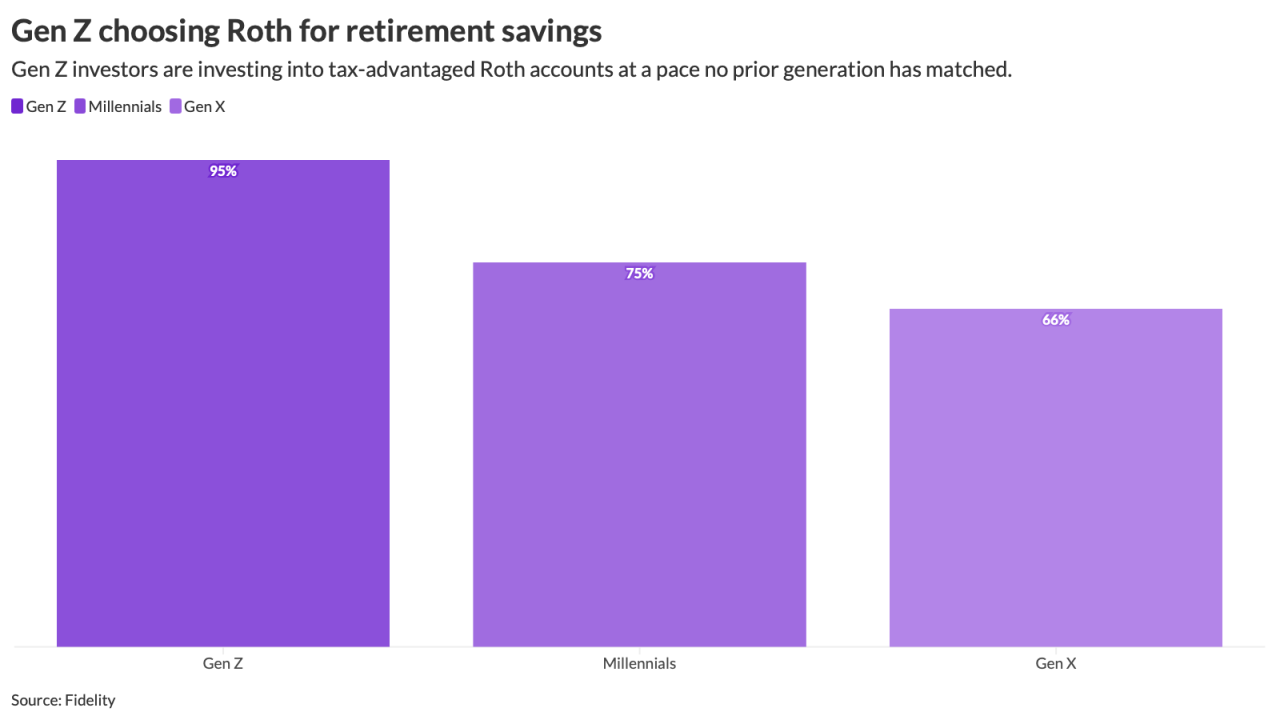
About half of the workers responding to a recent poll say they're more stressed during the year-end holiday season, while two in five say they are less productive and a third are working a second job to supplement their income.
"It becomes a challenging time of year for many workers to achieve work-life balance," says Vicki Salemi, a career consultant at jobs website Monster, which conducted the November poll of 532 workers. "The holidays, yes, they are an important, special time of year for family, friends and loved ones. But they can also be a speed bump in your work life, in your productivity, in your engagement, in your stress levels overall."
In addition to the holiday stressors outside of work, many employees experience actual work-related stresses tied to the season, such as year-end reporting and busy seasons for retail and hospitality businesses, says Salemi, who previously worked in corporate HR and recruiting.
That stress could be the reason why 22% of the polled workers report that their overall well-being declines during the holiday season. With the holiday season stress and a lack of time for self care, workers can mentally check out while they're on the job or obsess about their non-work problems, Salemi says.
Managers can proactively manage potential holiday season issues, first by recognizing that productivity may decline because of stress, she says. They then can acknowledge to their workers that it's a stressful time of year and offer to help with solutions such as remote work flexibility, if possible. During days off, they can set an example by not sending emails and urging employees not to check emails.
"If they're checking emails daily, they're not fully off the clock," she says. "That's an opportunity for bosses and employers overall to say: 'We're not going to check; we don't expect you to check. You should really detach and unplug during this time of year.'"
About one in five of the polled workers say they have more remote work flexibility during the holiday season, but the poll also showed significant percentages of the respondents working even when their companies are closed for a holiday break, with 41% checking their email daily, 23% sending work-related emails and 14% participating in work calls.
About a quarter of the surveyed workers—24%—reported challenges in balancing financial stress while working during the holiday season. One-fifth said balancing time constraints for holiday preparations is a challenge. For 19% of the respondents, family commitments are a challenge, while 17% referred to a lack of time for self care and 14% cited an increased workload.
Managers can help their workers with these stressors as well. Companies should hold lunch-and-learns or otherwise remind employees of resources such as free financial counseling or mental health counseling that could help with holiday-related stress "to say 'We know; we've got your back,'" Salemi says. To address increased workloads, managers could consider adding temp employees or redirecting resources from departments that are experiencing down time.
"It's important for leaders to understand it, recognize it— show workers that they see them and they understand that we're all in the same boat— but lead by example and also offer resources," Salemi says.
As for the workers, Salemi advises that employees tap into the resources that their company provides and ask their bosses about what might be available to help manage financial stress or mental health issues. "Maybe there are free counseling resources available or through your benefits that you're not even aware of," she says.
They can also speak to their bosses if their workload has become unmanageable, to ask for flexibility in deadlines or some other form of assistance, Salemi says: "Tell them what you have on your plate, ask them to help you prioritize. It's not a weakness; it's a strength. You're asking for help; they're there to help you."
When asking the boss for an accommodation like remote work flexibility for the holiday season, the employee should approach with a specific proposal in mind. "Clarity is key," she says.
Another way to combat stress—both for the workers and the managers— is to try to enjoy the holidays at work through the company parties or functions, Salemi says. "You want to be present, enjoy time with your colleagues, your bosses and the time of year and try to catch your breath."






